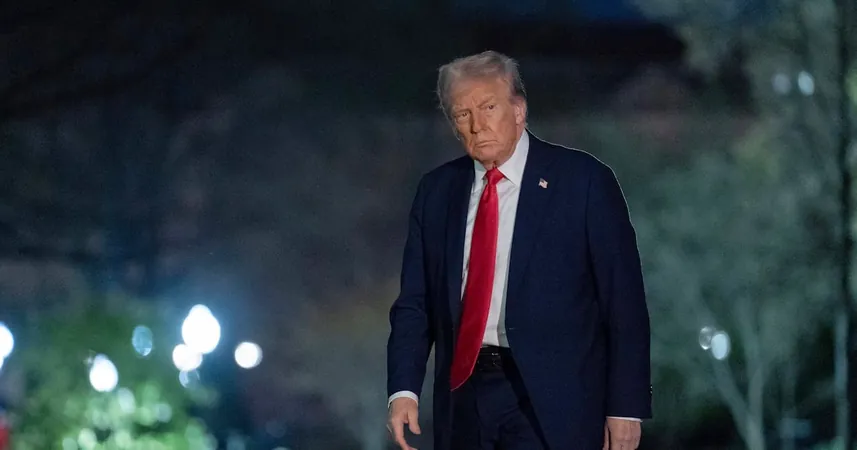
Trump Set to Announce Sweeping Tariff Strategy Targeting All Nations: What You Need to Know!
2025-03-31
Author: Liam
Introduction
In a bold move that could shake the global economy, U.S. President Donald Trump announced on Sunday that the upcoming reciprocal tariffs will apply to all countries rather than just a select few. This unprecedented decision signals a broader approach to trade relations as the President prepares to unveil his massive tariff plan this Wednesday, which he has dubbed "Liberation Day."
Details of the Announcement
Trump's comments came during a flight aboard Air Force One, where he stated, "You’d start with all countries. Essentially all of the countries that we’re talking about." This sets the stage for a comprehensive overhaul of the U.S. trading landscape as the administration seeks to tackle alleged unfair trade practices head-on.
Historical Context
Previously, White House economics adviser Kevin Hassett indicated the tariffs would initially focus on 10 to 15 nations with significant trade imbalances. However, Trump’s latest remarks suggest a more inclusive strategy that might impact a wide array of trading partners, leaving many wondering which nations will be affected.
Current Tariffs and Strategy
The President has already implemented tariffs on steel, aluminum, and automotive imports, particularly from China, and sees this new tariff regimen as a necessary step to protect the American economy from what he describes as unfair competition on the global stage. By matching tariffs that other countries impose on U.S. exports, Trump aims to level the playing field for American businesses.
Economic Implications
While supporters of the tariffs argue that this move is vital for creating American jobs and curbing trade deficits, analysts are voicing concerns about potential fallout. Investors are increasingly anxious about the possibility of a large-scale trade war, which could lead to market instability and even push the U.S. into recession.
Future Considerations
In a memorandum signed earlier this year, Trump directed trade officials to examine individual countries and formulate tailored countermeasures. However, he hinted last week that he might reconsider the initial scale of the tariffs, suggesting that he could impose them at lower rates in some instances, depending on the specific circumstances.
Conclusion
As the nation gears up for what could be a turning point in U.S. trade policy, it remains to be seen how these sweeping changes will impact relationships with trading partners worldwide. Will "Liberation Day" become a testament to American resolve or a precursor to economic turbulence? Stay tuned as this high-stakes story unfolds!
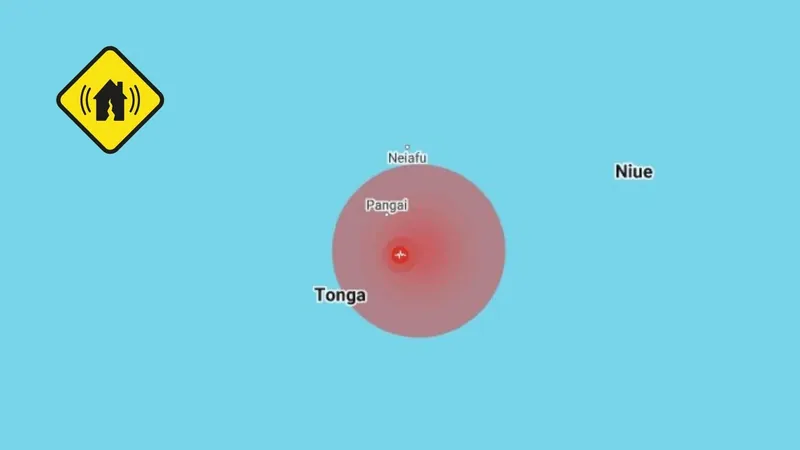
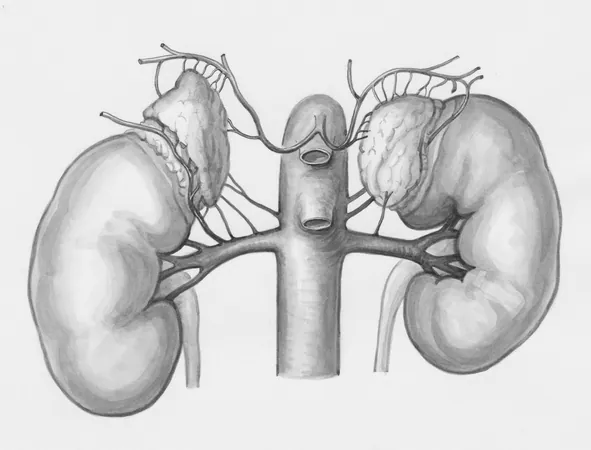




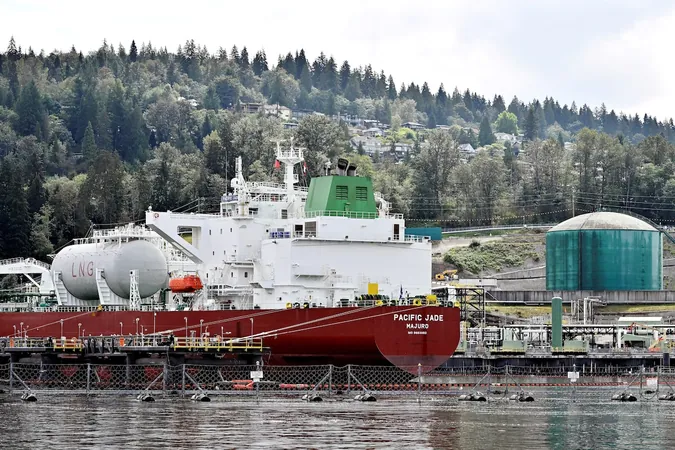
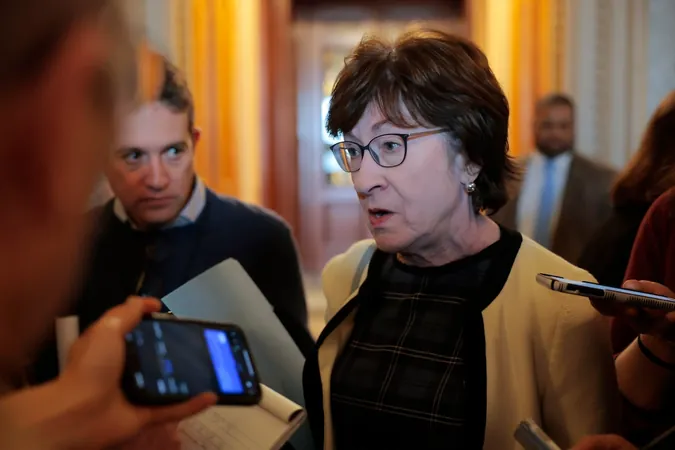

 Brasil (PT)
Brasil (PT)
 Canada (EN)
Canada (EN)
 Chile (ES)
Chile (ES)
 Česko (CS)
Česko (CS)
 대한민국 (KO)
대한민국 (KO)
 España (ES)
España (ES)
 France (FR)
France (FR)
 Hong Kong (EN)
Hong Kong (EN)
 Italia (IT)
Italia (IT)
 日本 (JA)
日本 (JA)
 Magyarország (HU)
Magyarország (HU)
 Norge (NO)
Norge (NO)
 Polska (PL)
Polska (PL)
 Schweiz (DE)
Schweiz (DE)
 Singapore (EN)
Singapore (EN)
 Sverige (SV)
Sverige (SV)
 Suomi (FI)
Suomi (FI)
 Türkiye (TR)
Türkiye (TR)
 الإمارات العربية المتحدة (AR)
الإمارات العربية المتحدة (AR)